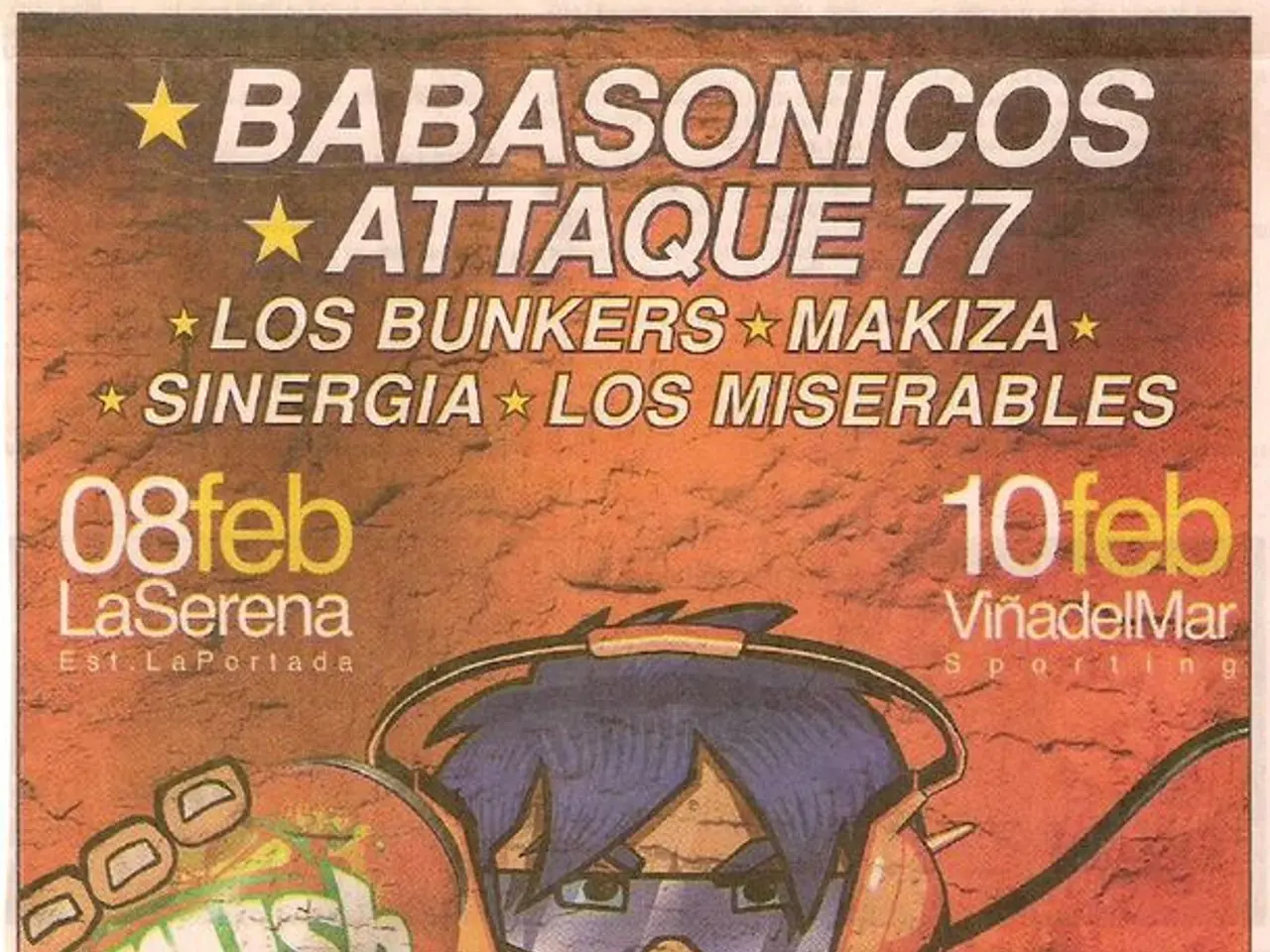Technology transforming culture for inclusive access
In France, a commitment to making cultural experiences more accessible for people with disabilities has been a significant focus in recent years. This effort combines technological adaptations, legislative measures, and inclusive initiatives to create a more inclusive environment for all.
One such public utility, the Valentin Haüy Association, has been dedicated to the social and professional integration of visually impaired people for over 125 years. Their media library, established in 2009, allows visually impaired individuals to listen to audiobooks and discover braille publications.
The Cité des Sciences et de l'Industrie is another institution leading the way in accessibility. They offer subtitled and French Sign Language translated videos, podcasts, conferences, and online games for visually impaired or blind visitors. Their permanent exhibition "Sounds" is also accessible to visually impaired or blind visitors through 9 subtitled videos with a guide.
Since 2003, around forty public establishments have been collaborating with the Ministry of Culture to improve the welcome of people with disabilities in cultural venues. This includes the museum in Arras, which implemented the "Accessible Museum" device in 2019, featuring a French Sign Language tour accessible via a smartphone.
Technologies like these have significantly expanded access to culture for people with disabilities, offering them more autonomy and inclusivity. For example, the Cité des Sciences et de l'Industrie's online digital library, Eole, consists of over 70,000 titles that can be downloaded for free or received by post. Eole is intended for people with reading difficulties due to disabilities such as visual impairment, motor disability, intellectual disability, cognitive disorders, and DYS disorders.
However, it's important to note that while progress has been made, there are still areas for improvement. Digital tool access inequality, complexity of certain interfaces, and indirect cultural experiences are challenges that remain. Some audiences may still face difficulties in accessing technologies, particularly in less connected areas. People with digital difficulties or cognitive impairments may struggle with devices requiring some familiarity with digital interfaces or tools.
Despite these challenges, the strides made in accessibility represent a major step towards broader cultural inclusion. Initiatives like the Association Egart, which supports equal access to art for people with mental or psychic disabilities, and the OpenRegioCulture project, a regional and interregional initiative promoting the co-creation of culture accessibility standards, are further evidence of France's commitment to creating a barrier-free cultural environment.
Moreover, the European Accessibility Act (EAA), fully effective as of mid-2025 in France, mandates that public and private organizations—including cultural institutions—meet uniform accessibility standards. This legislation enforces both physical and digital accessibility, ensuring that cultural sites in France continue to improve access for over 12 million people with disabilities.
Together, these technologies and initiatives reflect France's commitment to creating barrier-free cultural environments through certified infrastructure, supportive organizations, participative standard-setting projects, and binding European legislation. This holistic approach aims not only at physical access (ramps, elevators, adapted tours) but also at inclusivity in artistic participation and digital accessibility in cultural offerings.
Technology plays a crucial role in enhancing the lifestyle of visually impaired individuals by providing accessible media libraries, such as the one offered by the Valentin Haüy Association.
In the realm of digital culture, the Cité des Sciences et de l'Industrie's online library, Eole, offers over 70,000 titles to people with reading difficulties, promoting inclusivity in the fashion-and-beauty, food-and-drink, home-and-garden, travel, and sports sectors by catering to diverse abilities.
The European Accessibility Act (EAA), launching in mid-2025, will mandate public and private institutions to ensure uniform accessibility standards, making a significant impact on the food-and-drink, home-and-garden, travel, and sports experiences for people with disabilities in France.





